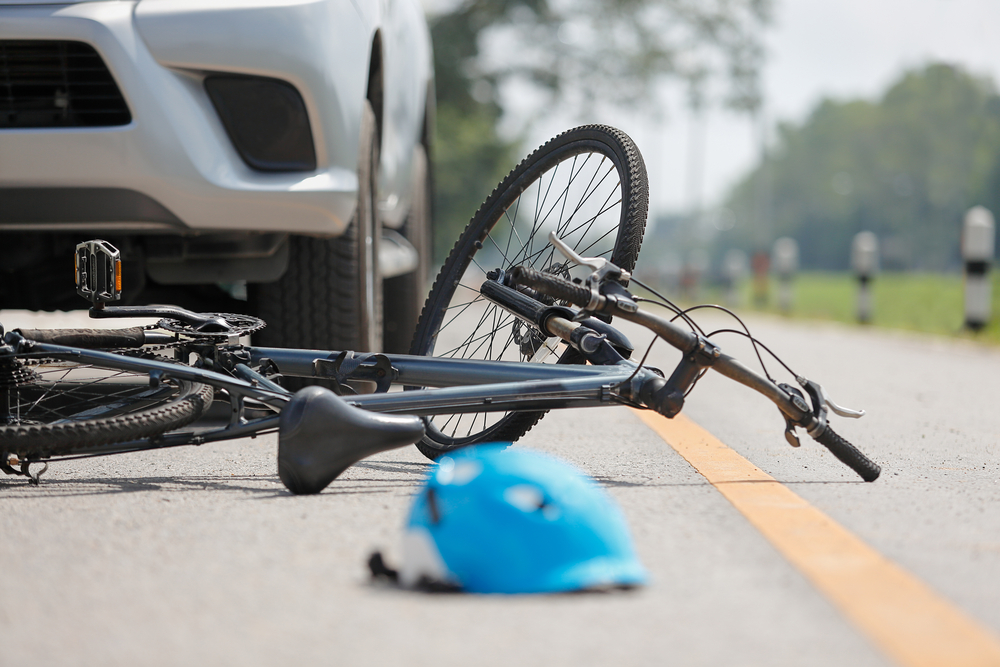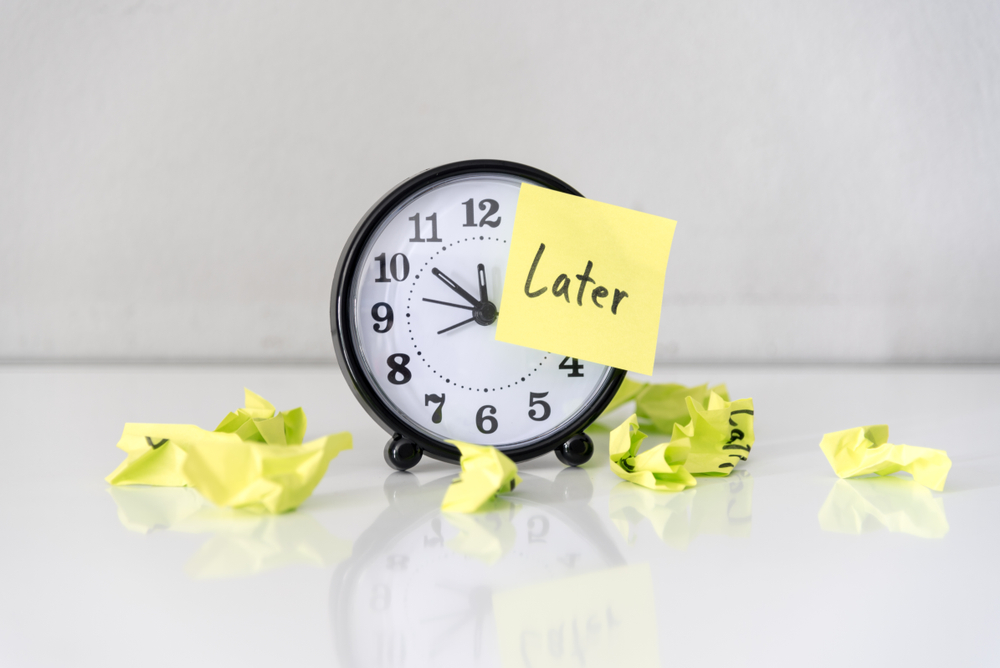Navigating the Road of Law: Understanding Car Accidents Involving Bicyclists in Florida
The Basics: Rights and Responsibilities Imagine a typical sunny morning in Florida, where you're enjoying a bicycle ride, but suddenly, a car unexpectedly crosses your path. This common scenario highlights the need for awareness of your rights. In Florida, bicyclists are granted the same rights and responsibilities as motorists. The vulnerability of bicyclists, however, adds a layer of complexity to these accidents, often leading to more significant consequences. As a bicyclist in Florida, it's crucial to be aware of your legal rights in the event of an accident with a motor vehicle. These rights include: Right to Use the Road: Bicyclists have the same right to use the road as motor vehicles, with access to the same lanes and traffic signals. Right to Fair Compensation: If you're involved in an accident caused by a motorist, you have the right to seek compensation for injuries, damages, and losses. Right to Report the Accident: You have the right to report the accident to law enforcement and have the incident officially documented, which is essential for any legal claims. Responsibilities to Uphold Bicyclists also have responsibilities to ensure their safety and compliance with the law: Obey Traffic Laws: Just like motorists, bicyclists must adhere to all traffic signs, signals, and regulations. Use of Proper Safety Gear: Wearing a helmet, using reflectors, and having proper lighting on your bicycle are not just safety measures but in some cases, legal requirements. Riding Responsibly: This includes riding in the correct direction of traffic, using bike lanes where available, and signaling turns or stops to inform motorists of your intentions. Enhancing Road Safety During the Holidays As we delve deeper into understanding car accidents involving bicyclists, it's crucial to highlight the increased [...]







